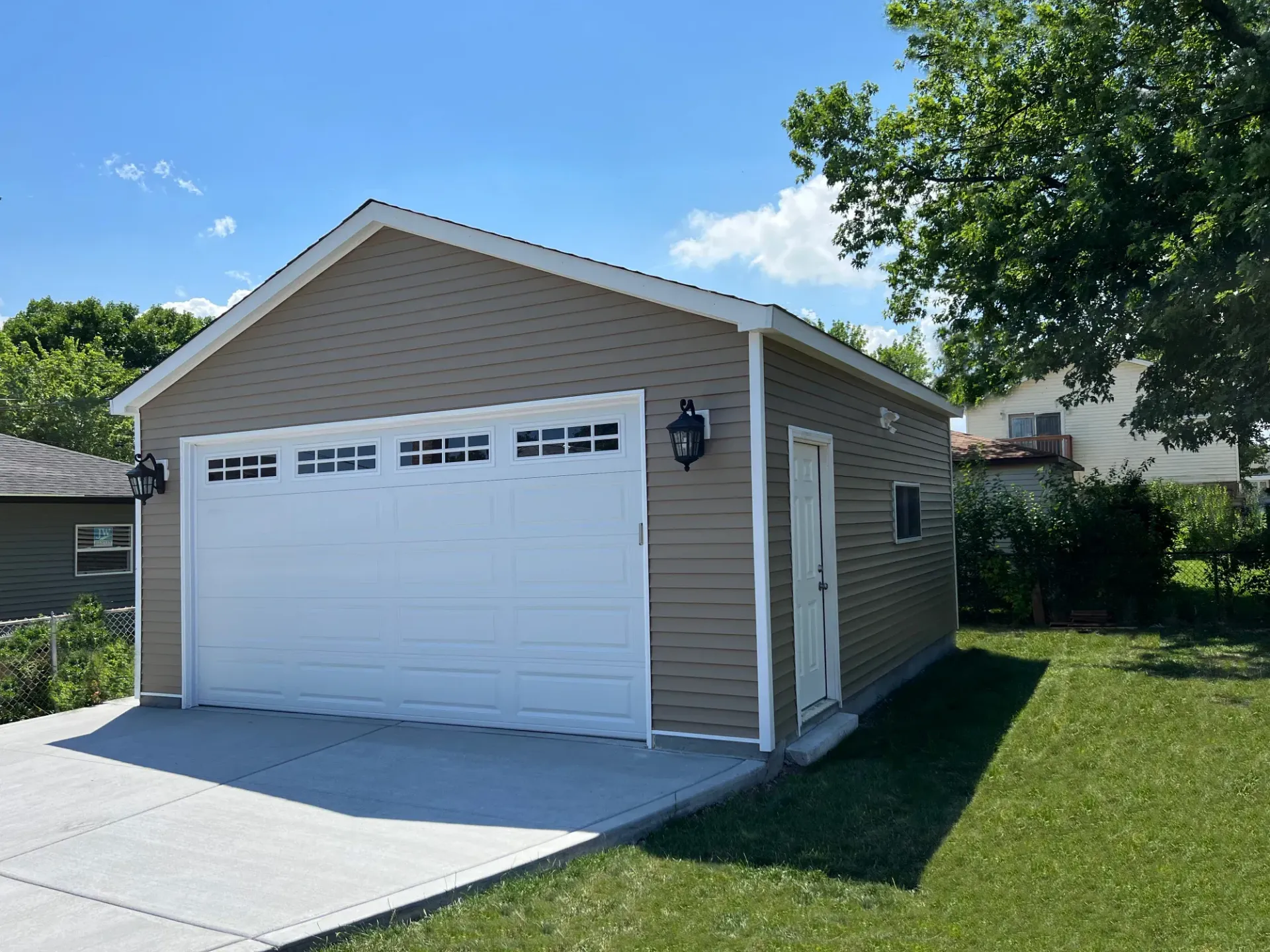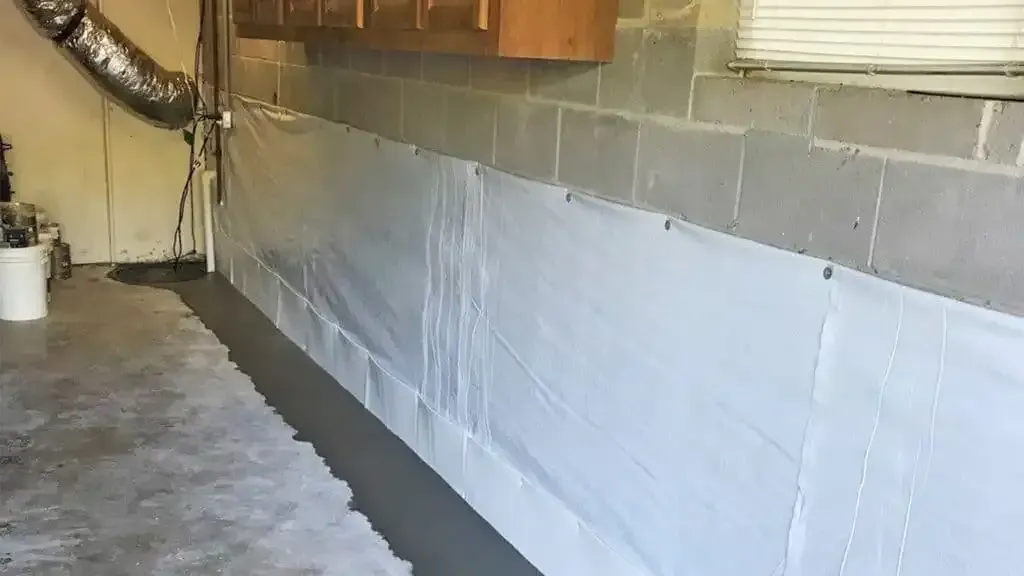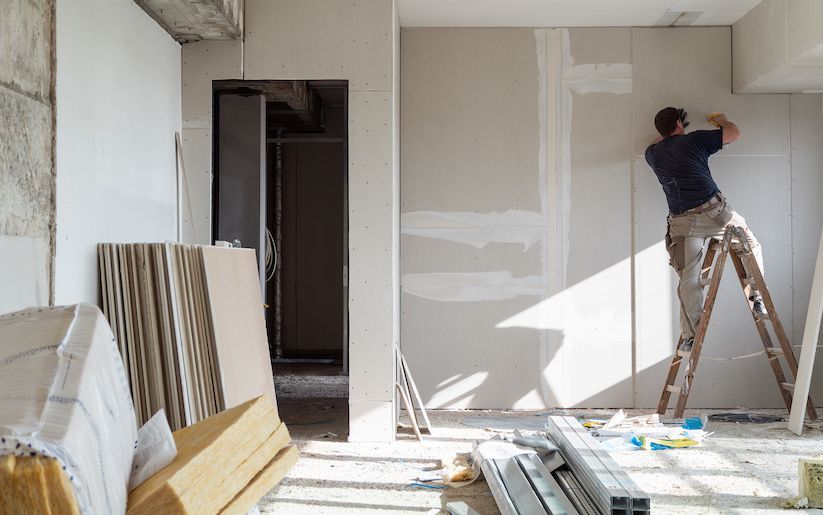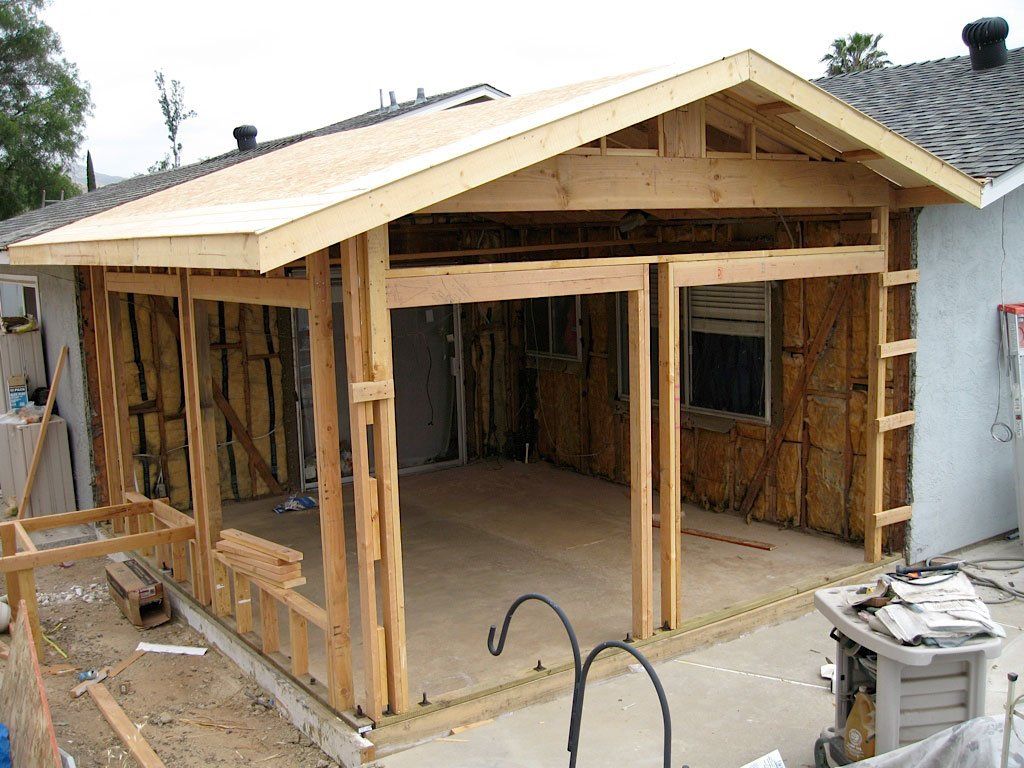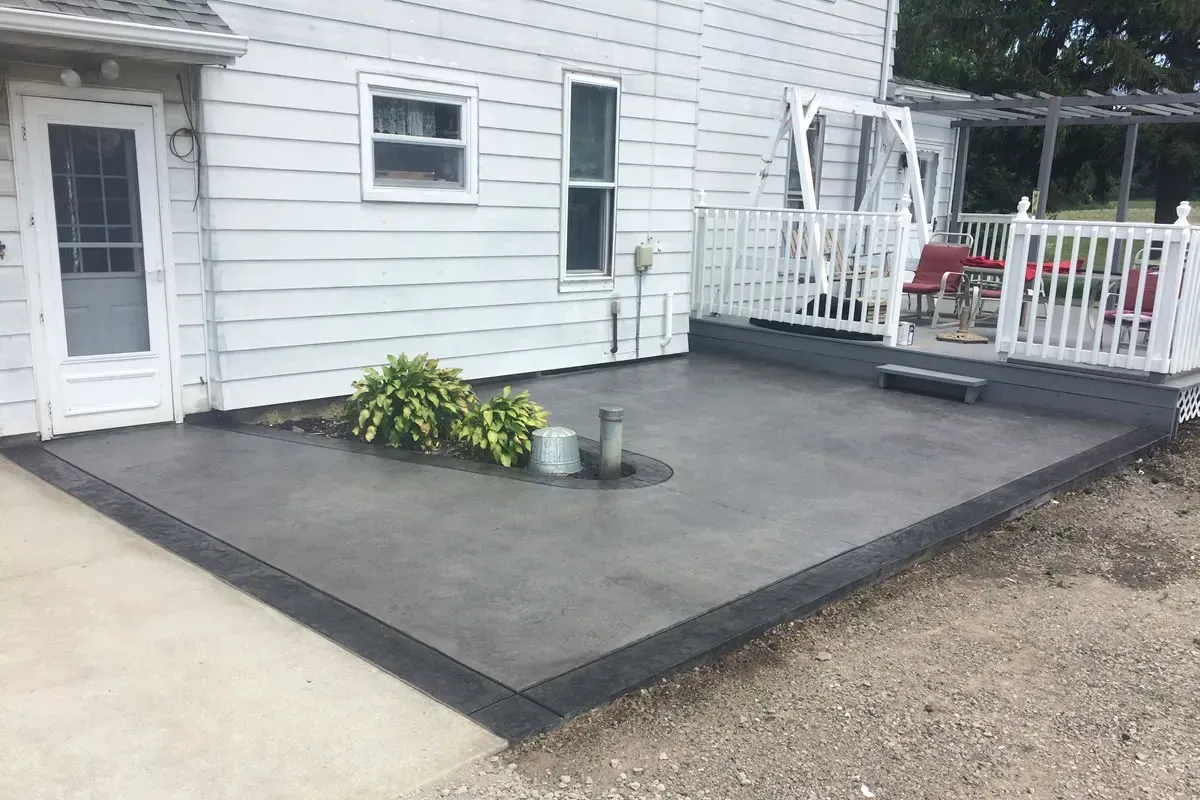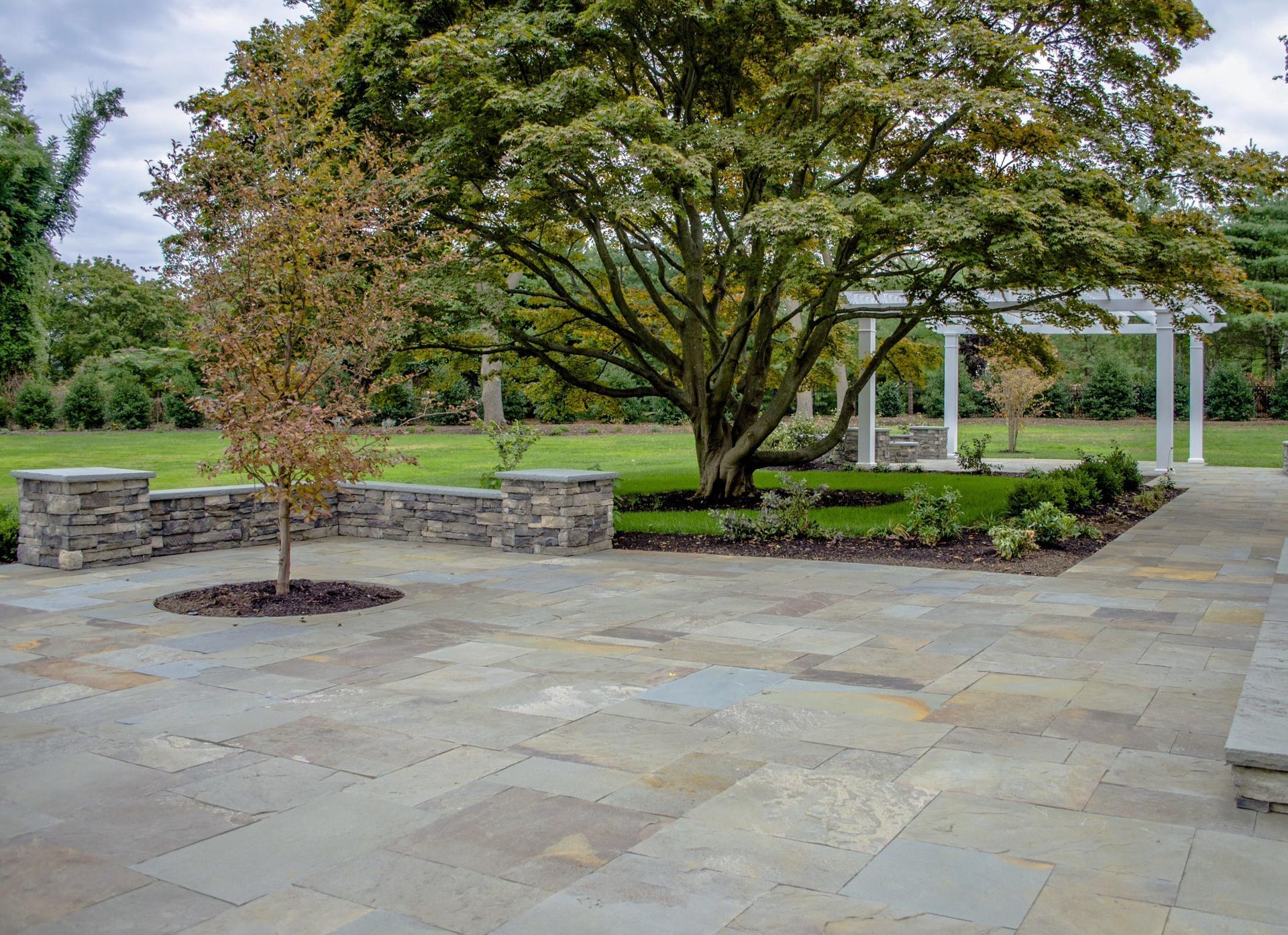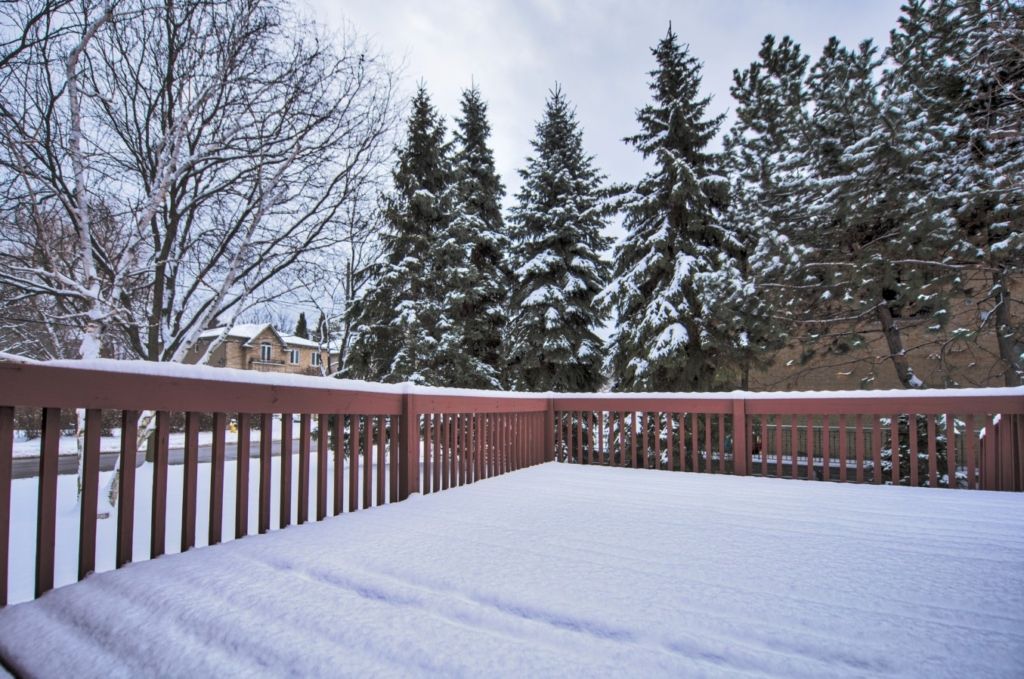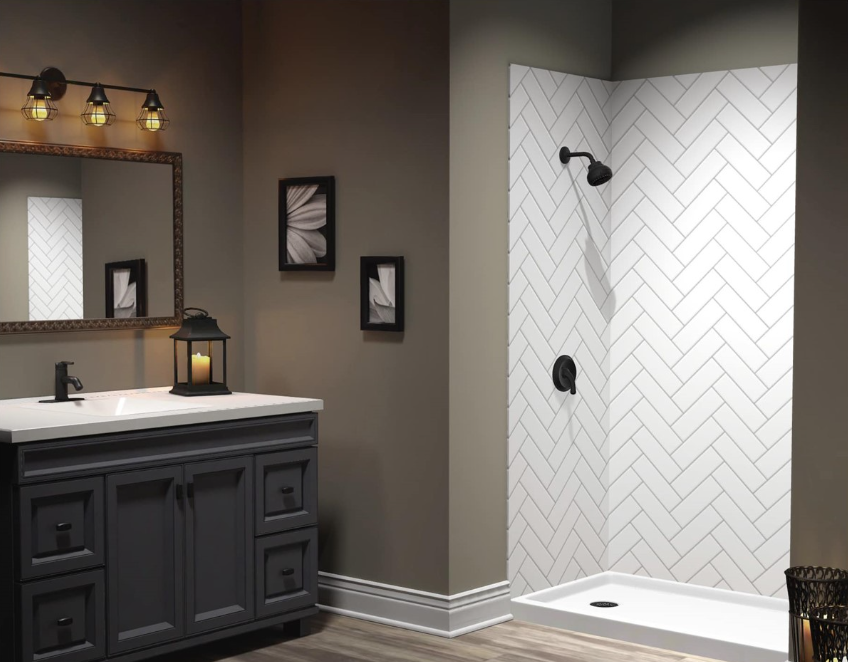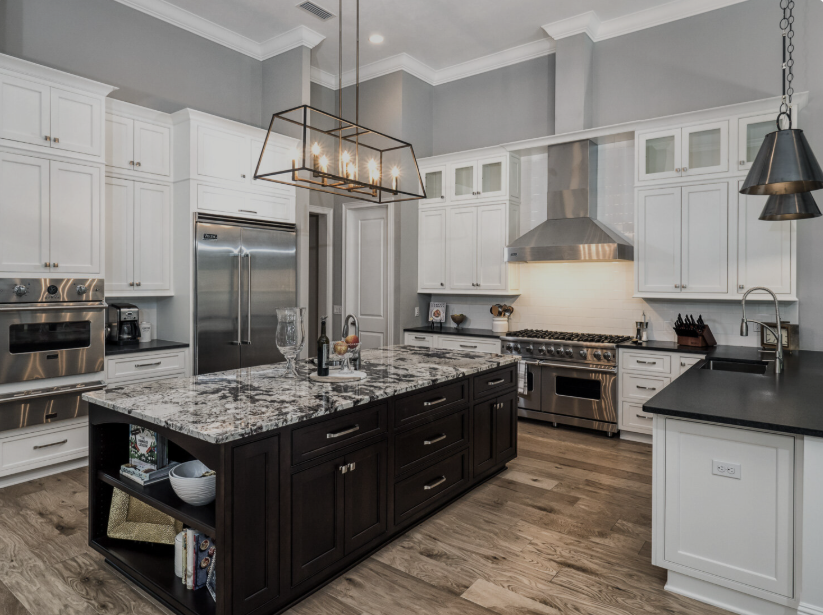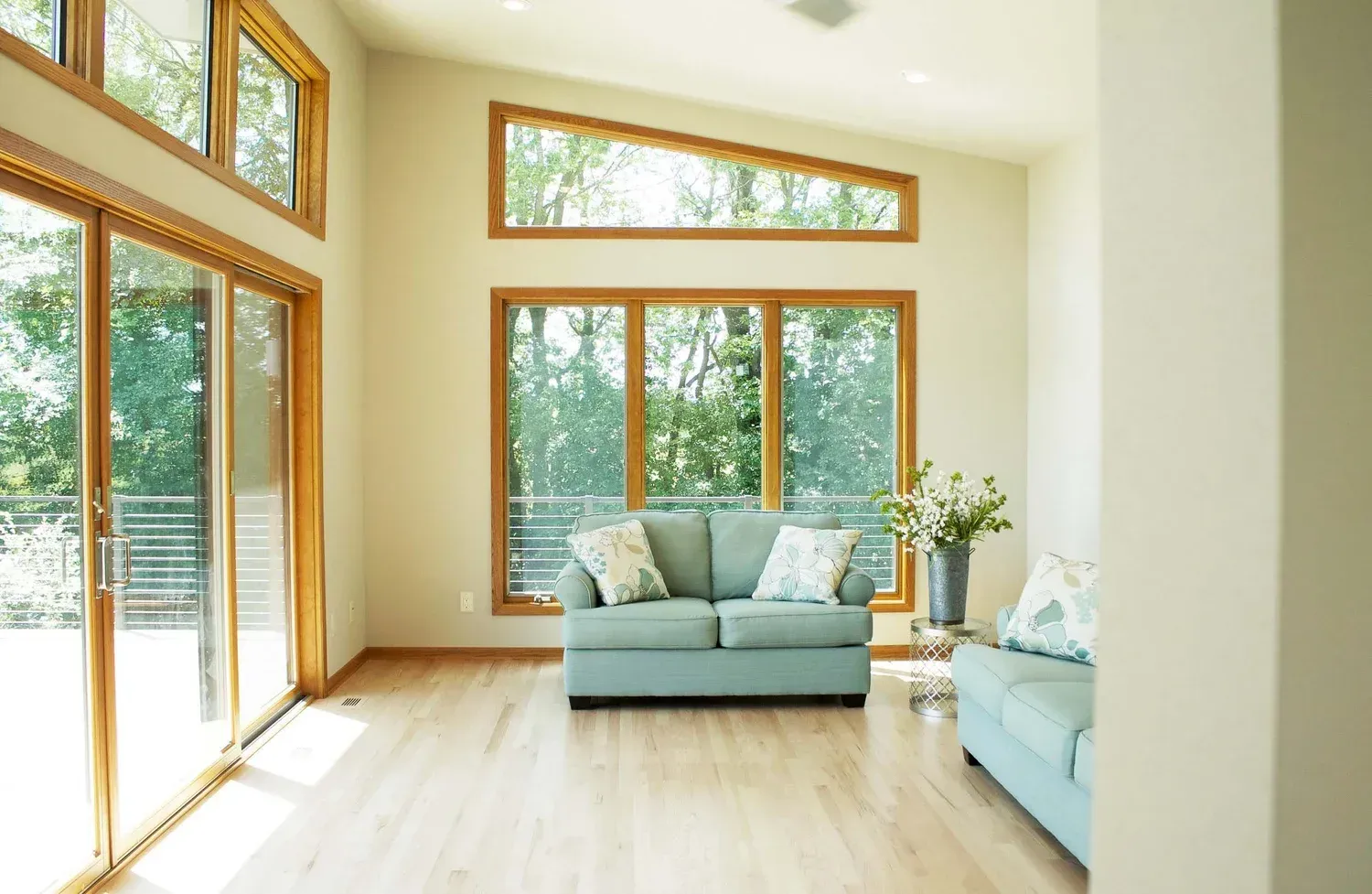By David Antonucci
•
February 13, 2026
Adding extra square footage to your Rhode Island home doesn't always require a full-scale addition. Bump-out additions offer homeowners in Providence, Warwick, Cranston, and throughout the Ocean State a cost-effective way to expand living space without the complexity and expense of building an entirely new room. Whether you're looking to enlarge a cramped kitchen in East Greenwich or add a few feet to a bathroom in Newport, understanding bump-out addition costs in Rhode Island will help you budget accurately and avoid surprises. This guide breaks down everything Rhode Island homeowners need to know about bump-out addition pricing, from average costs per square foot to factors that influence your final investment. What Is a Bump-Out Addition? A bump-out addition extends an existing room outward, typically adding between 2 and 15 feet of additional floor space. Unlike full room additions that require new foundations, roofing systems, and extensive structural work, bump-outs often cantilever off your existing foundation or require only minimal foundation support. Rhode Island homeowners commonly choose bump-out additions for kitchens, bathrooms, bedrooms, and living rooms. The smaller footprint makes them ideal for tight lots common in Providence neighborhoods, historic districts in Bristol, and coastal properties in Westerly where setback requirements limit expansion options. Average Bump-Out Addition Costs in Rhode Island Rhode Island bump-out addition costs typically range from $5,000 to $30,000 for smaller projects and $30,000 to $100,000 or more for larger, more complex expansions. The wide range reflects differences in size, complexity, and finish levels. Here's what Rhode Island homeowners can expect to pay based on project scope: Small cantilevered bump-out (2 to 4 feet): $5,000 to $15,000 Medium bump-out with foundation work (5 to 10 feet): $15,000 to $50,000 Large bump-out addition (10 to 15 feet): $50,000 to $100,000 plus Kitchen bump-out with appliances and finishes: $25,000 to $75,000 Bathroom bump-out with full plumbing: $20,000 to $45,000 Per square foot costs in Rhode Island generally fall between $200 and $500, though this varies significantly based on the room type and finish quality. Kitchen and bathroom bump-outs cost more due to plumbing, electrical, and fixture requirements. Providence Bump-Out Addition Pricing Providence homeowners face unique considerations when planning bump-out additions. The city's historic housing stock, including triple-deckers on the East Side and Victorian homes in Federal Hill, often requires specialized contractors experienced with older construction methods. Bump-out addition costs in Providence typically run 10 to 20 percent higher than suburban Rhode Island communities due to permit complexity, parking challenges for contractors, and the need to match historic architectural details. A kitchen bump-out in Providence's College Hill neighborhood might cost $35,000 to $60,000, while the same project in suburban Smithfield could come in at $25,000 to $45,000. Providence also requires historic district review for properties in designated areas, adding time and potential design modification costs to your project budget. Warwick and Cranston Bump-Out Costs Warwick and Cranston offer Rhode Island's most active residential construction markets, with plenty of experienced contractors competing for homeowner business. This competition generally translates to more competitive bump-out addition pricing compared to Providence or Newport. Average bump-out costs in Warwick range from $180 to $400 per square foot, making it one of the more affordable areas for home expansion projects in Rhode Island. Cranston pricing falls in a similar range, with most homeowners paying between $15,000 and $60,000 for typical bump-out projects. Both cities have straightforward permitting processes compared to historic communities, reducing soft costs and timeline delays. Newport and Coastal Rhode Island Bump-Out Pricing Coastal Rhode Island communities including Newport, Middletown, Jamestown, and Narragansett command premium pricing for bump-out additions. Several factors drive higher costs in these areas: Contractors serving coastal markets charge premium rates due to high demand from affluent homeowners. Materials often cost more due to delivery logistics and the need for corrosion-resistant hardware in salt air environments. Many coastal properties require compliance with CRMC (Coastal Resources Management Council) regulations, adding engineering and permitting costs. Newport bump-out addition costs commonly range from $300 to $600 per square foot, with luxury finishes pushing costs even higher. A modest bathroom bump-out in Newport could easily exceed $50,000, while the same project in Woonsocket might cost $25,000. Factors That Affect Rhode Island Bump-Out Costs Several key factors influence what you'll pay for a bump-out addition anywhere in Rhode Island: Foundation Requirements Small bump-outs of 2 to 4 feet can often cantilever from your existing floor joists without foundation work. Larger expansions require poured concrete footings or full foundation walls, adding $5,000 to $20,000 to project costs depending on soil conditions and depth requirements. Rhode Island's frost line sits at 36 to 42 inches, requiring footings to reach below this depth to prevent heaving. Coastal areas with sandy soils may have different requirements than inland communities with clay-heavy earth. Roofing Integration How your bump-out roof connects to your existing structure significantly impacts cost. Simple shed roof designs cost less than complex hip roofs or designs that require modifying your main roofline. Expect to pay $3,000 to $15,000 for roofing work depending on complexity and materials. Electrical and Plumbing Bump-outs for kitchens and bathrooms require extending electrical circuits and plumbing lines. Rhode Island electrical work requires licensed electricians, and plumbing must meet state code requirements. Typical costs for mechanical systems in Rhode Island bump-outs include: Basic electrical extension: $1,500 to $4,000 Kitchen electrical with appliance circuits: $3,000 to $8,000 Bathroom plumbing extension: $2,500 to $6,000 Kitchen plumbing for sink relocation: $3,000 to $7,000 HVAC extension: $2,000 to $5,000 Windows and Doors Bump-outs typically include at least one window, with many designs featuring multiple windows or sliding glass doors. High-quality vinyl windows in Rhode Island cost $400 to $800 per unit installed, while premium fiberglass or wood windows range from $800 to $1,500 each. Permits and Engineering Rhode Island requires building permits for bump-out additions in all municipalities. Permit costs vary by community but typically range from $200 to $1,500 based on project valuation. Larger bump-outs may require engineered plans, adding $1,000 to $3,000 for structural engineering services. Rhode Island Kitchen Bump-Out Costs Kitchen bump-outs represent one of the most popular home improvement projects in Rhode Island, allowing homeowners to add space for islands, breakfast nooks, or simply more counter and cabinet space. Average kitchen bump-out costs in Rhode Island break down as follows: A 4-foot kitchen bump-out adding approximately 40 square feet typically costs $20,000 to $40,000 with standard finishes. This includes structural work, roofing, windows, flooring, and basic cabinet and countertop installation. Mid-range kitchen bump-outs measuring 6 to 8 feet and adding 60 to 80 square feet generally run $35,000 to $65,000. These projects often include granite or quartz countertops, quality cabinetry, and updated appliances. High-end kitchen bump-outs in affluent Rhode Island communities like Barrington, East Greenwich, or Newport can exceed $80,000 to $120,000 when incorporating custom cabinetry, premium appliances, and luxury finishes. Bathroom Bump-Out Costs in Rhode Island Rhode Island bathroom bump-outs help homeowners transform cramped bathrooms into more functional spaces. Common goals include adding double vanities, expanding shower areas, or creating space for soaking tubs. Small bathroom bump-outs of 2 to 3 feet, adding 15 to 25 square feet, typically cost $15,000 to $30,000 in Rhode Island. This includes structural work, plumbing extension, basic tile work, and standard fixtures. Larger bathroom expansions of 4 to 6 feet with higher-end finishes commonly range from $30,000 to $50,000. Master bathroom bump-outs with luxury features like heated floors, frameless glass showers, and premium fixtures can exceed $60,000 in communities like Cumberland, Lincoln, or North Kingstown. South County and Western Rhode Island Pricing South County communities including Westerly, Charlestown, South Kingstown, and Richmond generally offer more affordable bump-out addition pricing than the Providence metro area or coastal Newport County. Homeowners in South County typically pay $175 to $350 per square foot for bump-out additions, with total project costs ranging from $12,000 to $55,000 for most residential projects. Western Rhode Island towns like Coventry, West Greenwich, and Foster fall in similar pricing ranges. The lower costs reflect reduced labor rates, easier site access on larger lots, and less complex permitting compared to urban or historic communities. Northern Rhode Island Bump-Out Costs Woonsocket, Cumberland, Lincoln, Smithfield, and North Smithfield offer some of the most competitive bump-out addition pricing in Rhode Island. Strong contractor availability and lower overhead costs translate to savings for homeowners. Average bump-out costs in northern Rhode Island communities range from $160 to $375 per square foot. A typical 8-foot bump-out adding 60 square feet might cost $15,000 to $35,000 depending on room type and finish selections. Pawtucket and Central Falls pricing typically falls between northern Rhode Island and Providence rates, with most projects costing $180 to $400 per square foot. How to Save Money on Your Rhode Island Bump-Out Rhode Island homeowners can reduce bump-out addition costs through several strategies: Get multiple quotes from licensed Rhode Island contractors. Pricing varies significantly between companies, and three to five quotes help ensure competitive pricing. Check contractor licenses through the Rhode Island Contractors' Registration Board. Consider timing your project for winter or early spring when contractors have more availability and may offer better rates. Rhode Island's construction season peaks from April through October, driving higher prices during busy months. Choose standard materials and finishes where possible. Custom windows, exotic hardwoods, and premium fixtures add significant costs compared to quality standard options that provide excellent durability and appearance. Handle finish work yourself if you have skills and time. Painting, trim installation, and simple flooring installation offer opportunities for homeowner savings on labor costs. Hiring a Rhode Island Bump-Out Contractor Choosing the right contractor ensures your bump-out addition meets quality standards and local code requirements. Rhode Island requires contractor registration for projects over $1,000, and you should verify any contractor's license before signing a contract. Look for contractors with specific experience in bump-out additions and residential remodeling. Ask for references from recent Rhode Island projects and follow up with those homeowners about their experience. Confirm insurance coverage including general liability and workers compensation. Request certificates of insurance directly from the contractor's insurance provider. Start Planning Your Rhode Island Bump-Out Addition Bump-out additions offer Rhode Island homeowners an excellent option for adding functional space without full addition costs. Whether you're expanding a kitchen in Warwick, adding bathroom space in Providence, or creating a sun-filled breakfast nook in Narragansett, understanding local costs helps you budget accurately and choose the right contractor for your project. Contact licensed Rhode Island remodeling contractors to discuss your specific project and get accurate quotes based on your home's condition, location, and design goals. With proper planning and realistic budgeting, your bump-out addition can add valuable living space and increase your Rhode Island home's market value.
